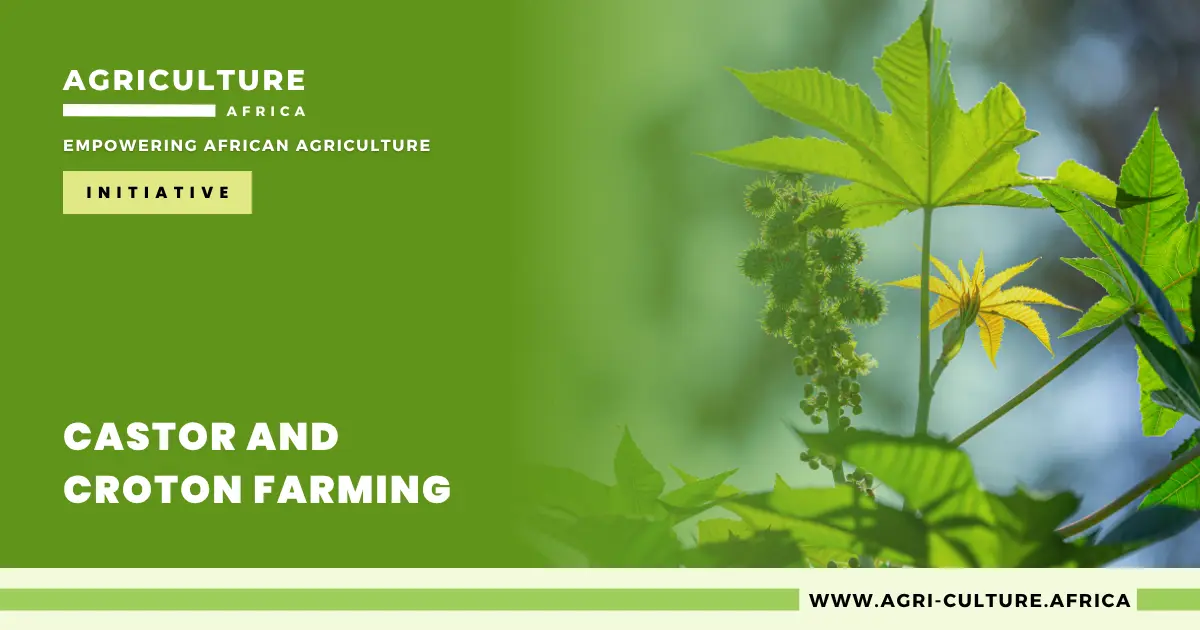
Empowering African Farmers for Sustainable Farming Culture
Africa stands on the brink of a renewable energy revolution, with vast untapped potential in the form of castor crops and croton nuts. In a continent where energy access and sustainability are critical challenges, these two natural resources hold the key to not only addressing these issues but also boosting economic growth. This article explores how castor and croton farming can contribute to sustainable energy production in Africa, with a spotlight on the significant economic and environmental benefits they offer.
The Castor Crop Advantage
Castor (Ricinus communis) is a hardy plant that thrives in various African climates, making it a versatile crop for energy production. The seeds of the castor plant contain oil, which can be extracted and refined into biodiesel. Here’s why castor is a game-changer for African energy:
The Promise of Croton Nuts
Croton nuts (Croton megalocarpus) are another African gem for sustainable energy. These nuts contain oil, similar to castor seeds, and offer unique advantages:
Economic and Environmental Benefits
The economic and environmental benefits of harnessing castor and croton for energy production in Africa are substantial:
Challenges and the Way Forward
While the potential is undeniable, there are challenges to overcome:
Conclusion
Africa has the potential to transform its energy landscape sustainably by harnessing the power of castor crops and croton nuts. By investing in these valuable resources, African nations can reduce energy costs, create jobs, protect the environment, and increase energy independence. As the continent strives for economic growth and energy sustainability, castor and croton farming should take center stage in its development agenda, propelling Africa towards a brighter and greener future.
Your donation fuels change! Help Agriculture Culture in Africa empower farmers with resources, training, and access to innovation. Together, we can revolutionize African agriculture.
Empowering Sustainable Growth and Innovation in African Agriculture
Sign up to our newsletter